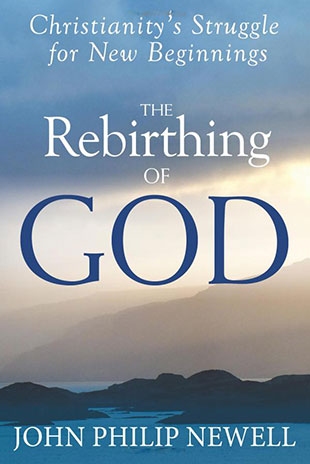A Revolution of the Spirit
"Perhaps the greatest prophet of compassion in the world today is Aung San Suu Kyi (b. 1945). Winner of the Nobel Peace Prize in 1991, she is the leader of the nonviolent movement for democracy in Burma. Since 1962, Burma has been governed by one of the most brutally repressive military regimes in the world. Aung San Suu Kyi — often simply referred to by the international media as Suu Kyi, or with affection by the Burmese people as Daw Suu (Lady Suu) and sometimes just Daw (the Lady) — has been described as Burma's Gandhi. Although now free from detention amid hopeful signs of significant political change in Burma, Suu Kyi has spent most of the last twenty-five years under house arrest.
"Suu Kyi describes the movement for change that she is leading as a 'revolution of the spirit.' True power, she says, comes from within. What guides her in this spiritual revolution on a national scale is the way of compassion. The word compassion simply means 'being with suffering.' She has compassion for her people in their suffering, but her commitment to compassion also extends to the leaders of Burma's military dictatorship — to those who have wronged her, her family, and her nation. 'If I had really started hating my captors,' she says, 'I would have defeated myself.' Hatred blinds us to the wisdom in our soul. . . .
"Notice the similarity between the word compass and the word compassion. They share an etymological root. The earliest use of the word compass does not, of course, refer to the modern hiking compass as we know it. The word is first used to refer to the mathematical compass, that simple two-pronged device that many of us remember using in grade school to measure the distance between two points and to draw arcs and circles. A compass, then, is used to determine the relationship between two points. The related word compassion is about honoring the relationship between two people or between one group and another, and remembering those who suffer. It is about making the connection between the heart of my being and the heart of yours, and following that connection . . . even when we are filled with doubts as to whether we are moving in the right direction.
The Courage to See
"Suu Kyi follows a threefold path of compassion that is directly related to her Buddhist inheritance and practice. She describes this compassionate way as 'The courage to see. The courage to feel. And the courage to act.' To live compassionately, she says, is to courageously see the connection between ourselves and those who suffer. Not only do we see the connection and become aware of it, but we allow ourselves to feel it. Finally, it is not just to see and feel the connection but to act on it, to courageously take responsibility for those who suffer."
